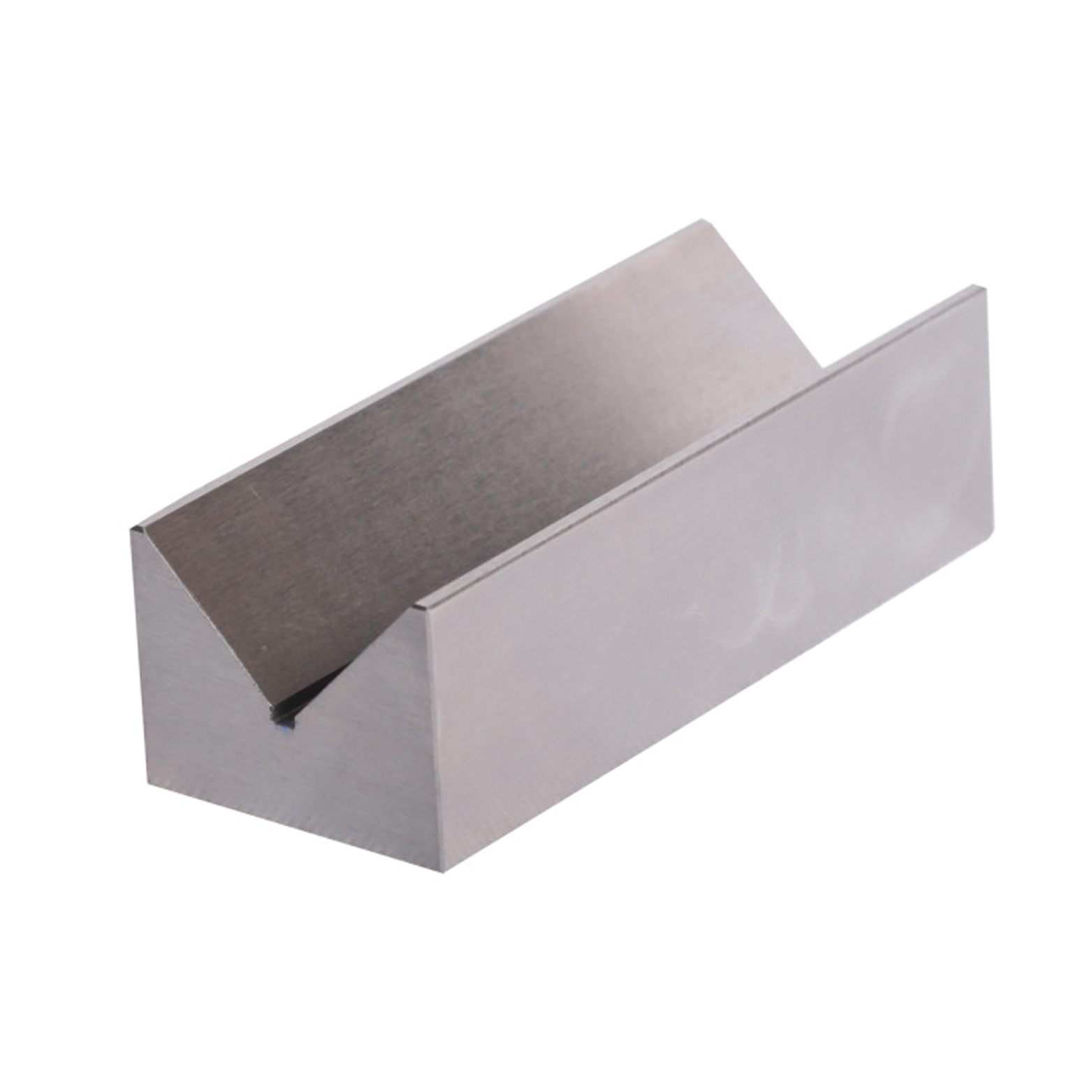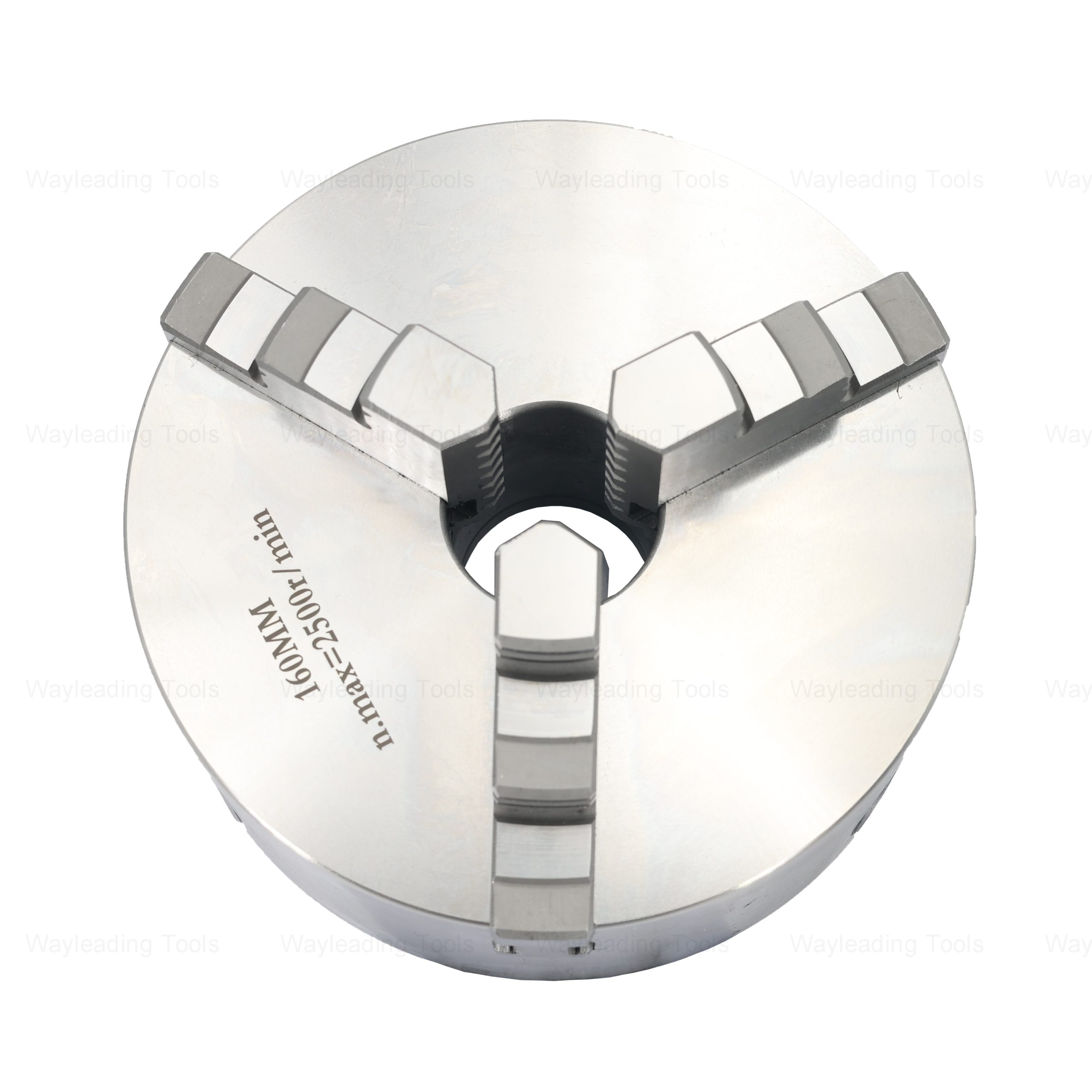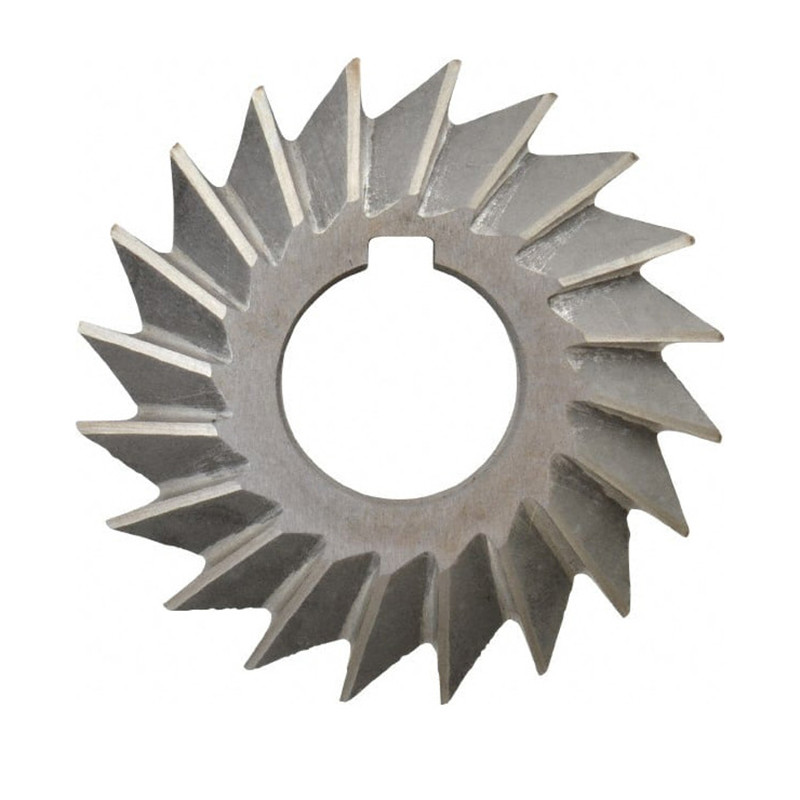High-Quality lathe tooling kit
A high-quality lathe tooling kit is essential for any machinist, whether a seasoned professional or a dedicated hobbyist. This guide explores the key components of a lathe tooling kit, factors to consider when choosing one, and top recommendations for various budgets and applications. Choosing the right kit can significantly improve efficiency, accuracy, and overall project success.
Understanding the Essentials of a Lathe Tooling Kit
A comprehensive lathe tooling kit typically includes a variety of tools designed for different machining operations. Here's a breakdown of the key components:
Cutting Tools
Cutting tools are the heart of any lathe tooling kit. They come in various shapes, sizes, and materials, each designed for specific cutting operations. Common types include:
- Turning Tools: Used for general turning operations, such as reducing the diameter of a workpiece.
- Facing Tools: Used for machining the end face of a workpiece to create a flat surface.
- Boring Bars: Used for enlarging existing holes or creating internal features.
- Threading Tools: Used for cutting threads on the workpiece.
- Parting Tools: Used for cutting off a finished part from the stock material.
- Grooving Tools: Used for creating grooves or channels on the workpiece.
The material of the cutting tool is also crucial. High-Speed Steel (HSS) is a common choice for general-purpose applications, while carbide inserts offer superior hardness and wear resistance for demanding materials and high-speed machining. Consider exploring options from reputable suppliers like Wayleading Tools for a wide selection of cutting tools.
Tool Holders
Tool holders securely clamp the cutting tools to the lathe and provide precise adjustments for cutting depth and angle. Common types include:
- Quick Change Tool Post (QCTP): Allows for rapid tool changes, improving efficiency.
- Standard Tool Post: A more traditional option, offering good rigidity.
- Boring Bar Holders: Specifically designed to hold boring bars securely.
The choice of tool holder depends on the lathe's size and the desired level of efficiency. A QCTP is a worthwhile investment for those who frequently change tools.
Other Essential Components
Besides cutting tools and tool holders, a lathe tooling kit may also include:
- Live Center: Supports the workpiece at the tailstock end, reducing vibration and improving accuracy.
- Dead Center: A simpler alternative to the live center, suitable for less demanding operations.
- Drill Chuck: Holds drills and other rotating tools.
- Collet Chuck: Provides precise and secure clamping for small diameter workpieces.
- Wrench Set: Essential for tightening and adjusting tool holders and other components.
- Indexable Inserts: Replaceable cutting tips that offer long life and consistent performance.
Factors to Consider When Choosing a Lathe Tooling Kit
Selecting the right lathe tooling kit requires careful consideration of several factors:
Lathe Size and Type
The size and type of your lathe will determine the appropriate size and type of tooling. Ensure that the tool holders and cutting tools are compatible with your lathe's swing and center distance.
Material to be Machined
The type of material you'll be machining will influence the choice of cutting tool material. HSS is suitable for softer materials like aluminum and brass, while carbide is necessary for harder materials like steel and stainless steel.
Budget
Lathe tooling kits range in price from a few hundred dollars to several thousand. Determine your budget and prioritize the essential tools you need for your projects. Consider starting with a basic kit and adding more specialized tools as needed.
Quality
Investing in a high-quality lathe tooling kit will pay off in the long run. Look for reputable brands and durable materials. Poor-quality tools can break easily, leading to wasted time and potential injury.
Application
Consider the types of projects you'll be working on. If you plan to do a lot of threading, make sure your kit includes threading tools. If you'll be working with a variety of materials, choose a kit with a range of cutting tool materials.
Recommended High-Quality Lathe Tooling Kits
Here are a few recommended lathe tooling kits to consider, categorized by budget and application:
Entry-Level Kits (Under $500)
These kits are suitable for hobbyists and beginners:
- Generic HSS Tool Bit Set: A basic set of HSS tool bits for general-purpose turning and facing.
- Vertex Quick Change Tool Post Set: An affordable QCTP set that improves efficiency.
Mid-Range Kits ($500 - $1500)
These kits offer a good balance of quality and features for serious hobbyists and small machine shops:
- Dorian Tool Quick Change Tool Post Set: A high-quality QCTP set with excellent rigidity and accuracy.
- Accusize Industrial Tools Premium Lathe Tool Set: A comprehensive set of carbide insert tooling for a wide range of materials.
Professional-Grade Kits (Over $1500)
These kits are designed for professional machinists and demanding applications:
- Aloris Tool Post and Tooling: A top-of-the-line QCTP system known for its precision and durability.
- Sandvik Coromant Lathe Tooling Kit: A comprehensive kit of high-performance carbide tooling for demanding materials and high-speed machining.
Lathe Tooling Kit Maintenance and Care
Proper maintenance and care will extend the life of your lathe tooling kit. Here are some tips:
- Sharpening: Regularly sharpen your HSS tool bits to maintain optimal cutting performance.
- Cleaning: Clean your tools after each use to remove chips and coolant.
- Storage: Store your tools in a dry, organized place to prevent rust and damage.
- Lubrication: Apply a light coat of oil to your tools to prevent rust.
- Inspection: Regularly inspect your tools for wear and damage. Replace worn or damaged tools immediately.
Conclusion
Choosing the right lathe tooling kit is crucial for achieving accurate and efficient machining results. By considering the factors outlined in this guide and selecting a kit that meets your specific needs and budget, you can significantly improve your machining capabilities. Remember to prioritize quality, durability, and compatibility with your lathe. And don't hesitate to consult with experts at Wayleading Tools for personalized recommendations and advice.
Data Source
All products and parameters mentioned are based on the official website or catalog data of each brand.
Related products
Related products
Best selling products
Best selling products-
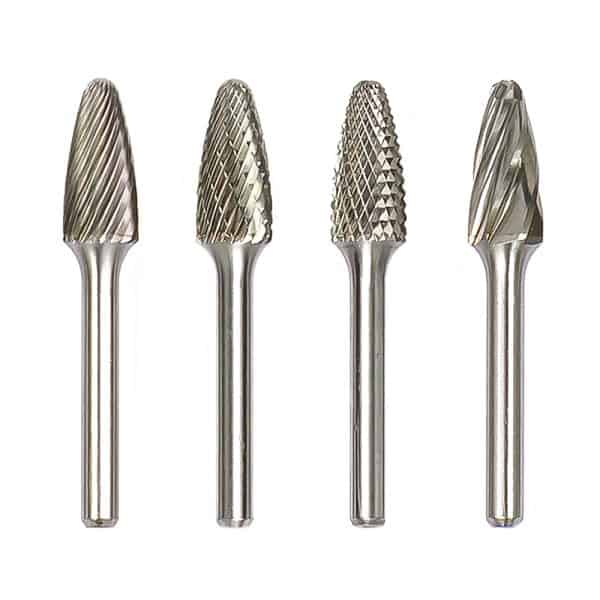 Type F Ball Nose Tree Tungsten Carbide Rotary Burr
Type F Ball Nose Tree Tungsten Carbide Rotary Burr -
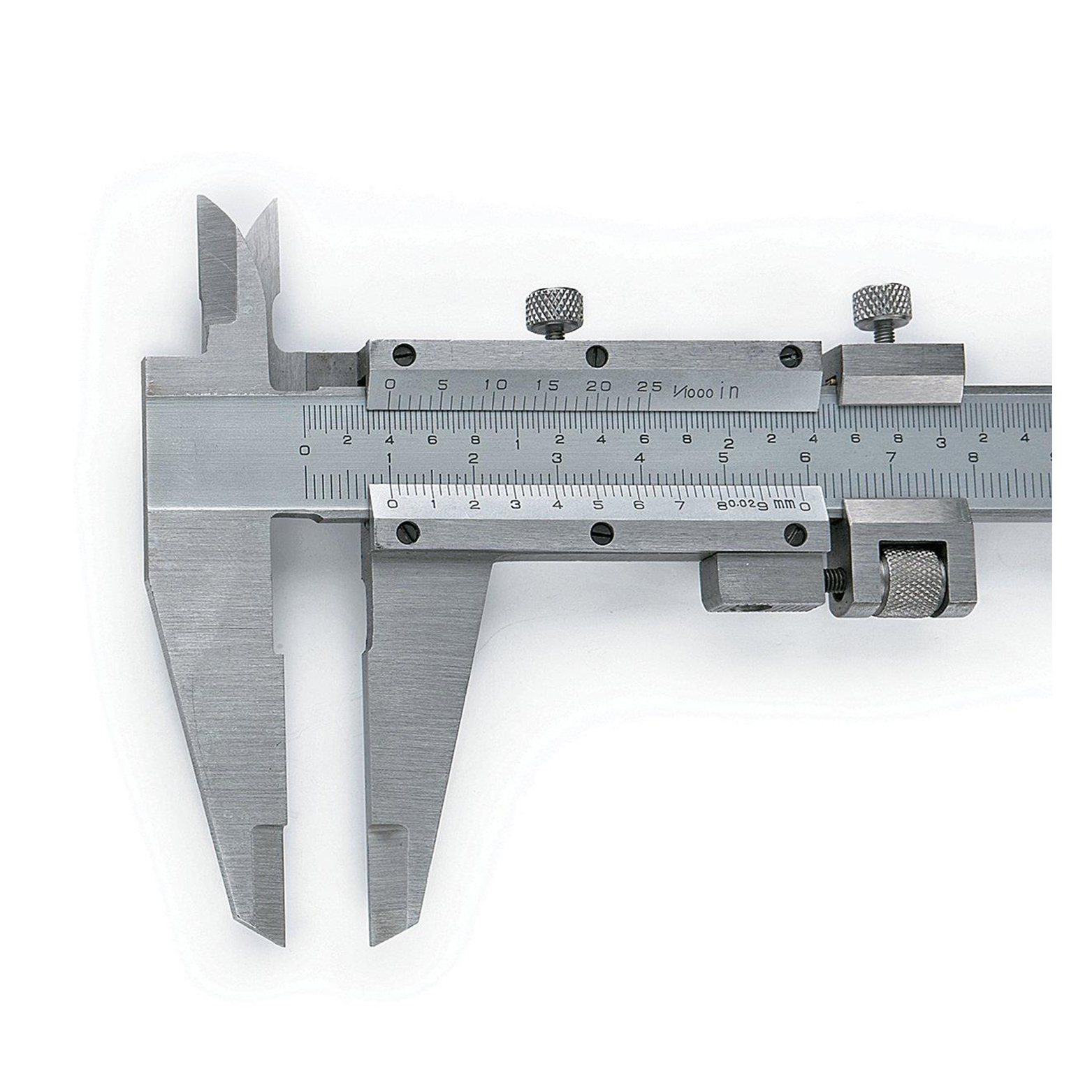 Precision Fine-Adjustment Vernier Caliper Of Metric & Imperial For Industrial
Precision Fine-Adjustment Vernier Caliper Of Metric & Imperial For Industrial -
 Precision V Block And Clamps Set With Industry Type
Precision V Block And Clamps Set With Industry Type -
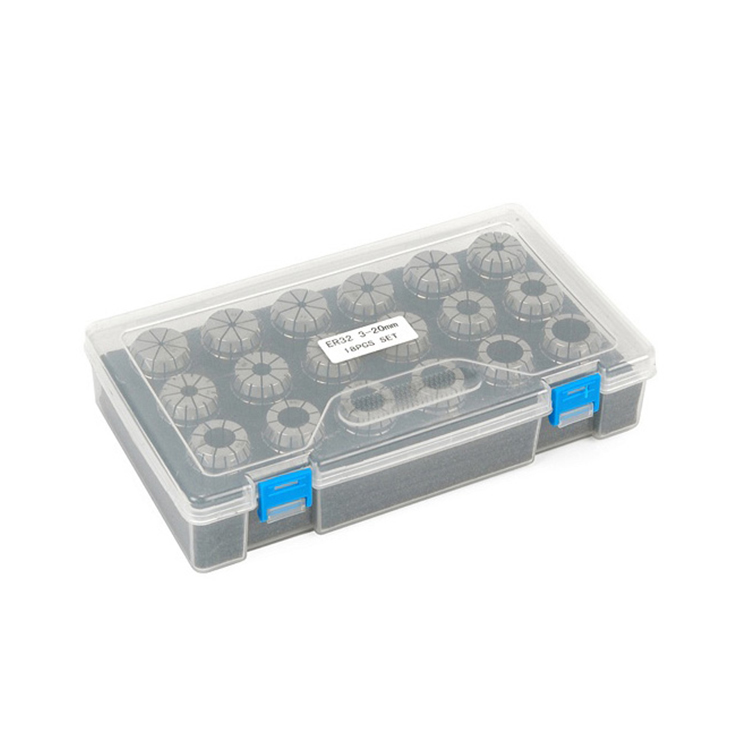 ER Collet Set With Hight Precision Milling
ER Collet Set With Hight Precision Milling -
 Vernier Height Gauge With Magnifier With Adjustable Main Bean
Vernier Height Gauge With Magnifier With Adjustable Main Bean -
 High Precision BT-ER Collet Chuck – CNC Tool Holder, Spring Type, ER16–ER40
High Precision BT-ER Collet Chuck – CNC Tool Holder, Spring Type, ER16–ER40 -
 Precision V Block Set With M Type
Precision V Block Set With M Type -
 DIN4971-ISO1 Carbide Tipped Tool Bit With Right And Left Hand
DIN4971-ISO1 Carbide Tipped Tool Bit With Right And Left Hand -
 HSS Keyway Broach With Metric And Inch Size, Push Type
HSS Keyway Broach With Metric And Inch Size, Push Type -
 Type H Flame Tungsten Carbide Rotary Burr
Type H Flame Tungsten Carbide Rotary Burr -
 HSS Metric & Inch Woodruff Keyseat Cutter With Straight Or staggered Teeth
HSS Metric & Inch Woodruff Keyseat Cutter With Straight Or staggered Teeth -
 Type B Cylinder Tungsten Carbide Rotary Burr
Type B Cylinder Tungsten Carbide Rotary Burr




